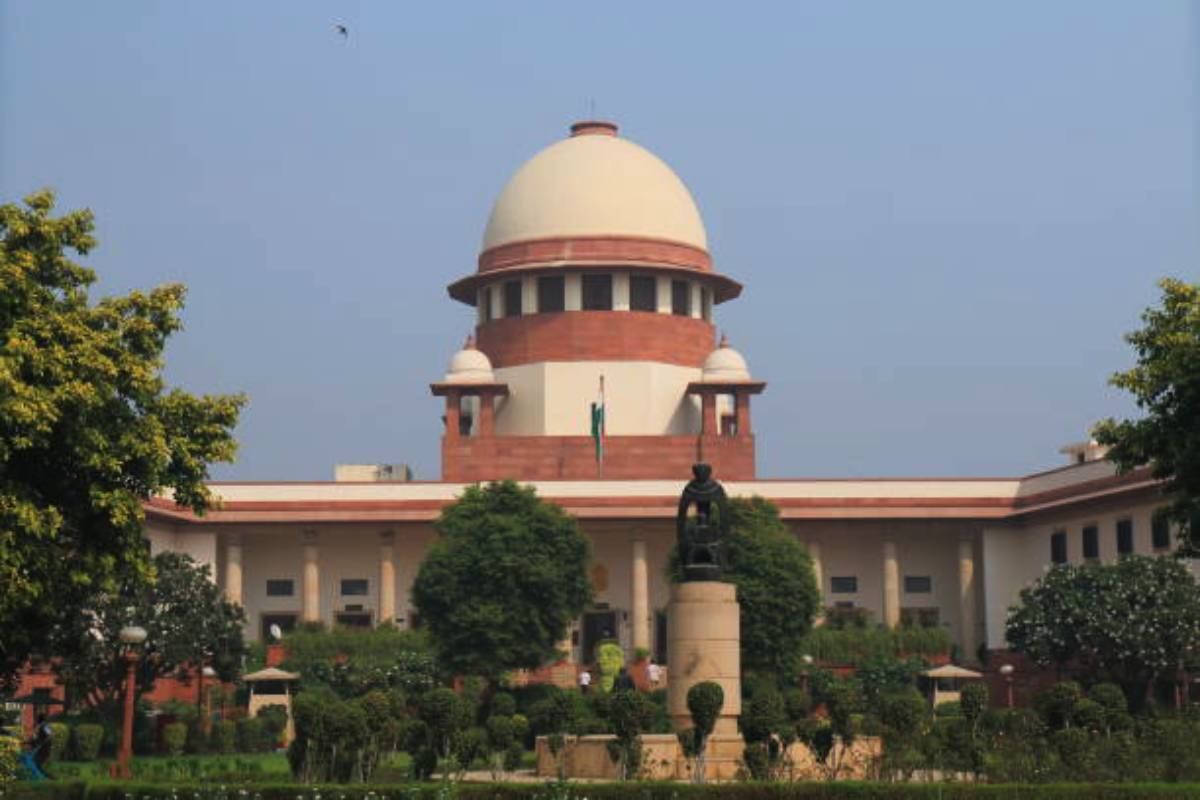The Supreme Court has ordered the release of a man who was incarcerated for over 12 years in jail in a murder case after it found that he was juvenile when the offence was committed.
The recent judgment by a bench of Justices B.R. Gavai, P.S. Narasimha, and Sanjay Kumar came as it considered a writ petition filed by a life-sentence convict seeking verification of his claim of being a juvenile as per the provisions of the Juvenile Justice (Care and Protection of Children) Act, 2000.
Advertisement
In a report prepared by an Additional Sessions Judge pursuant to the top court’s direction, it came out that the date of birth of the petitioner is May 2,1989.
“If the date of birth of the petitioner is 02.05.1989, he was 16 years 7 months old as on the date of the crime, i.e., 21.12. 2005. Accordingly, the petitioner was a juvenile in conflict with the law on the date of commission of the offence,” the Supreme Court held.
It said that as per the law, the petitioner could not have been in custody beyond three years.
“However, as the plea of juvenility was raised for the first time in the present writ petition before us, the process of criminal law, which commenced in 2005, led to the petitioner being convicted and sentence for life imprisonment concurrently by the trial court, the High Court as well as the Supreme Court,” it said.
The claim of juvenility can be raised before any Court and at any stage, as prescribed under Section 7A(1) of the Juvenile Justice Act, 2000.
In 2014, the Andhra Pradesh High Court had upheld a 2009 decision of a fast track court sentencing the petitioner and other co-accused persons to undergo imprisonment for life on charges of murder.
The special leave petition filed against the concurrent findings was dismissed by the Supreme Court in 2022.
“Having accepted the report of the II Additional Sessions Judge, Khammam, the petitioner can no longer be incarcerated.… we allow the Writ Petition and direct that the petitioner be released forthwith,” ordered the Supreme Court.
















